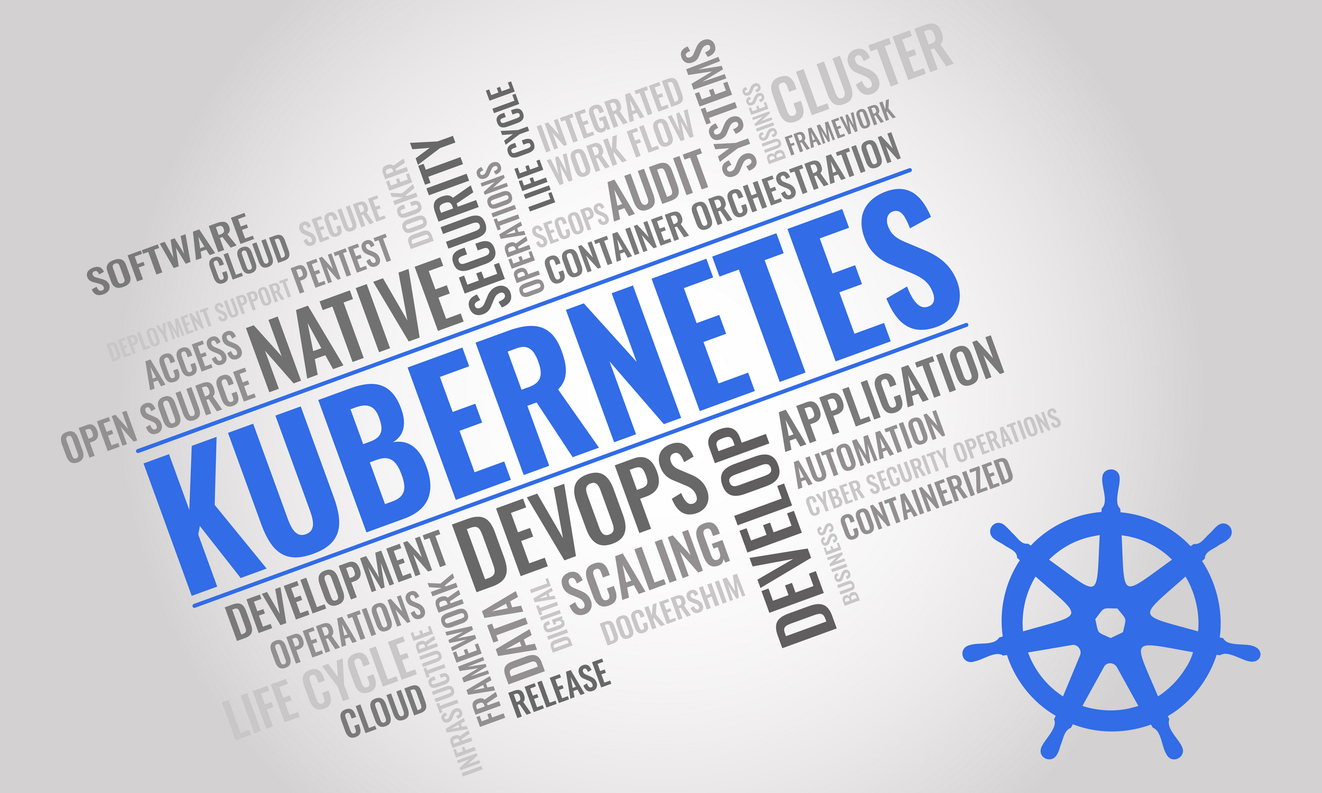Ensuring high-quality code is essential for the success of any project. Traditionally, maintaining code quality has been a labor-intensive process, involving manual reviews and extensive testing. However, with the advent of Gen AI, there has been a paradigm shift in how software quality is approached and achieved.
1. Introduction to Software Quality
Software quality refers to the degree to which a software product meets specified requirements and user expectations. It encompasses various attributes, including reliability, efficiency, maintainability, and security. High-quality software not only delivers a superior user experience but also minimizes defects, reduces maintenance costs, and enhances overall productivity.
2. Understanding Generative AI
Gen AI is a subset of AI focused on creating new data rather than simply analyzing existing data. These models are trained on large datasets and can generate new content, such as images, text, or in this case, code. Gen AI algorithms, such as variational autoencoders (VAEs) and transformers, have demonstrated remarkable capabilities in understanding patterns and structures within data and generating contextually relevant outputs.
3. Generative AI in Software Quality
Gen AI is revolutionizing software quality by automating various aspects of the development process. One of the key applications is the use of generative models to automatically generate code snippets based on high-level requirements or specifications provided by developers. These AI-driven code generators can significantly accelerate development timelines while ensuring adherence to coding standards and best practices.
4. Benefits of Using Generative AI
The integration of Gen AI into software quality processes offers several notable benefits. First, it improves productivity by automating repetitive tasks, allowing developers to focus on higher-level design and problem-solving. Additionally, AI-driven code generation helps maintain consistency and reduces the likelihood of human error across projects and teams. In addition, by analyzing vast amounts of code data, Gen AI identifies potential bugs, vulnerabilities, and performance issues early in the development cycle, leading to faster delivery and improved software quality.
5. Challenges and Limitations
Despite its potential, the adoption of Gen AI in software quality is not without challenges and limitations. One significant concern is the risk of generating biased or suboptimal code, as AI models learn from existing datasets that may contain biases or inaccuracies. Ensuring the ethical and unbiased use of Gen AI in code generation requires careful oversight and continuous monitoring. Generative models may struggle with understanding complex programming paradigms or generating code for specialized domains, limiting their applicability in certain contexts.
6. Future of Generative AI and Software Quality
The future of Gen AI in software quality looks promising. Continued advancements in AI research and technology are likely to lead to more sophisticated generative models capable of understanding and generating complex code structures accurately. As organizations increasingly prioritize software quality and efficiency, the demand for AI-driven tools and solutions will continue to grow. Ultimately, by harnessing the power of Gen AI, software developers can streamline workflows, enhance code quality, and drive innovation in the digital age.
Gen AI represents a transformative force in the realm of software quality, offering unprecedented opportunities to automate and optimize various aspects of the development process. While challenges and limitations exist, the potential benefits of integrating Gen AI into software quality processes are vast, promising to revolutionize how software is developed, tested, and maintained in the years to come.
Appvance IQ (AIQ) covers all your software testing needs with the most comprehensive autonomous software testing platform available today. Click here to demo today.



